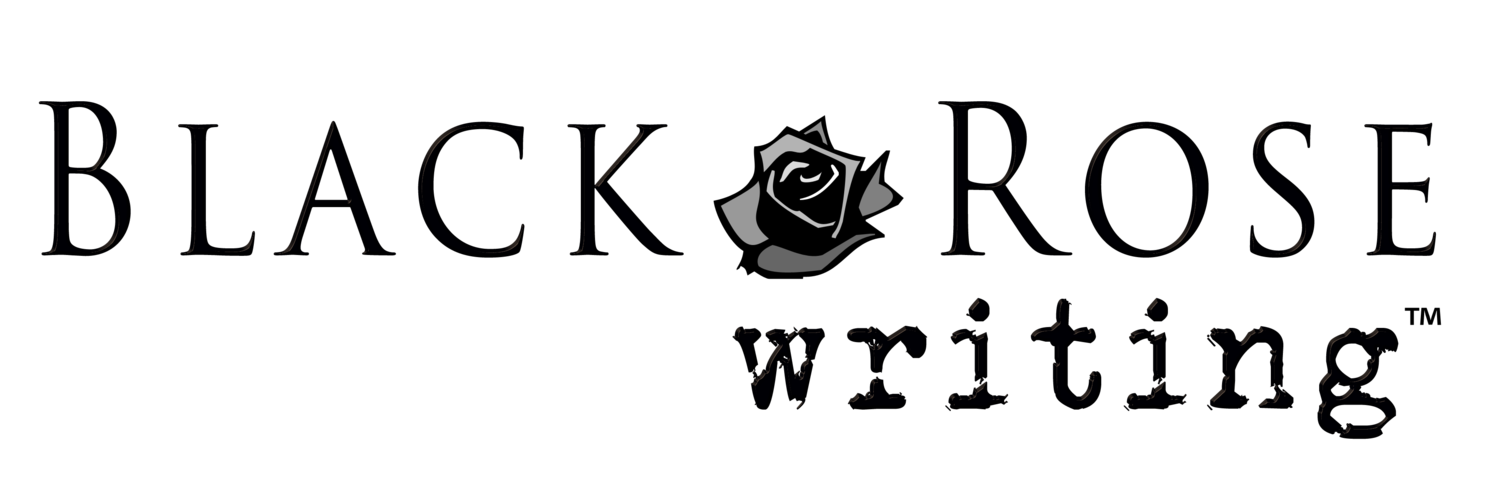Ever Been Asked to be a Beta Reader?
What is a Beta Reader?
Through some phenomenal stroke of luck and maybe a healthy dose of Karma, my wife and I have managed to create three published books over the past four years. In all cases, these were, for us septuagenarians, major undertakings requiring the investment of huge sums of time, energy, money, emotion and sweat. We agonized over sentences, argued over the elements of plot, struggled with verb forms, squeezed out dialogue and tortured ourselves through the development of our characters. But one of the most difficult tasks was finding honest, subjective feedback of our drafts from our Beta Readers —avid readers who, when asked, cheerfully volunteered to comment on our manuscripts.
What we have learned is that it is best not to ask your children, siblings, or best friends. All too frequently their assessments are limited to, “I like it,” “It’s a good read,” or, “I think you’ve got a book here.” If they decide to take the risk of being brutally honest, they might come back with an in-depth analysis like, “I noticed typos on pages 13, 52 and 79, or “It might be a bit too graphic in chapter 8,” or “Maybe there should be less (or more) sex,” or even, “I was sad when you killed Andrew off.” While these observations are all helpful, they do little to help us understand if our manuscript is sufficiently engaging or contains enough tension to capture the reader’s interest and impel him or her to continue turning pages.
So I did some research and found a list of specific questions for writers to ask their volunteer Beta Readers. Keep these in mind if you’re asked to help a friend evaluate the worth of his/her writing project. Honest answers to these questions* should help your aspiring writer friend revise and polish his/her manuscript:
- Did the story hold your interest from the very beginning? If not, why not?
- Did you get oriented fairly quickly at the beginning as to whose story it is, and where and when it’s taking place? If not, why not?
- Could you relate to the main character? Did you feel his/her pain or excitement?
- Did the setting interest you, and did the descriptions seem vivid and real to you?
- Was there a point at which you felt the story started to lag or that you became less than excited finding out what was going to happen next? Where, exactly?
- Were there any parts that confused you? Or even frustrated or annoyed you? Which parts, and why?
- Did you notice any discrepancies or inconsistencies in time sequences, places, character details, or other details?
- Were the characters believable? Are there any characters you think could be made more interesting or more likable?
- Did you get confused about who was who among the characters? Were there too many characters to keep track of? Too few? Were any of the names of characters too similar?
- Did the dialogue keep your interest and sound natural to you? If not, whose dialogue did you think sounded artificial or not like that person would speak?
This is about half of the questions on the list. But don’t worry if we ask you to be a beta reader for us, we’ll parcel out the questions and tailor them to our readers.
- The questions were found on www.killzoneblog.com and had in turn been extracted from the book Captivate Your Readers, by Jodie Renner.
R. Bruce Logan is an armchair scholar of Southeast Asia’s sociological landscape. He lives part-time in Vietnam, with his wife Elaine, where they do humanitarian work. Bruce is a retired US Army officer who served two tours of duty in Vietnam during the war. When not traveling, he and Elaine live on Salt Spring Island in British Columbia. Visit his site at www.rbrucelogan.com.


